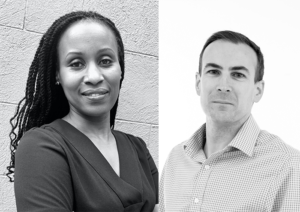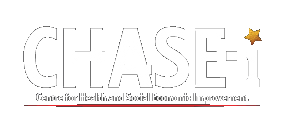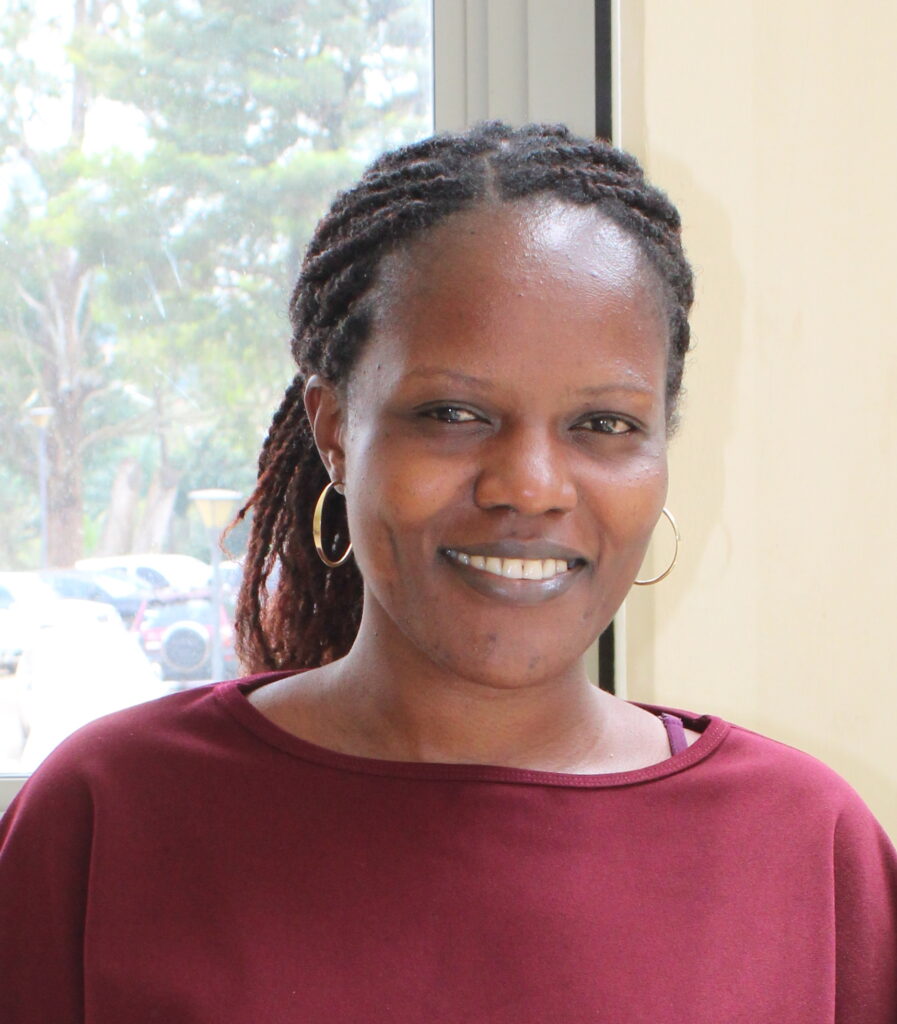Shifting the power in humanitarian research (Part 1)

Gloria Seruwagi & Simon Pickard
- APRIL 4, 2023
Local actors are broadly invisible as funding recipients for humanitarian research and innovation”. This is a stark headline from Elrha /R2HC’s Global Prioritisation Exercise report Who Funds What, which laments that actors in High Income Countries (HIC) continue to receive most of the limited available research and innovation funding, and the situation remains unchanged from the similar global mapping exercise published in 2017. Much has been written recently about the need to change this funding dynamic. The authors of a Lancet-published comment ‘Reform of research funding processes could pave the way for progress in global health’ argue that “the instrumental role of research funders in the perpetuation of the status quo in global health research must be addressed,” outlining the imbalances that contribute to the status quo in global health knowledge production.
Read the full blog
About the Authors
This blog is co-authored by Simon Pickard Elrha’s Senior Portfolio Manager for the R2HC programme and Gloria Seruwagi a member of Elrha / R2HC’s Funding Committee and former grantee, currently working at Makerere University, Uganda. This blog is the first of a two-part series. In this blog Gloria and Simon outline the need to shift the power and why it needs to be done.


